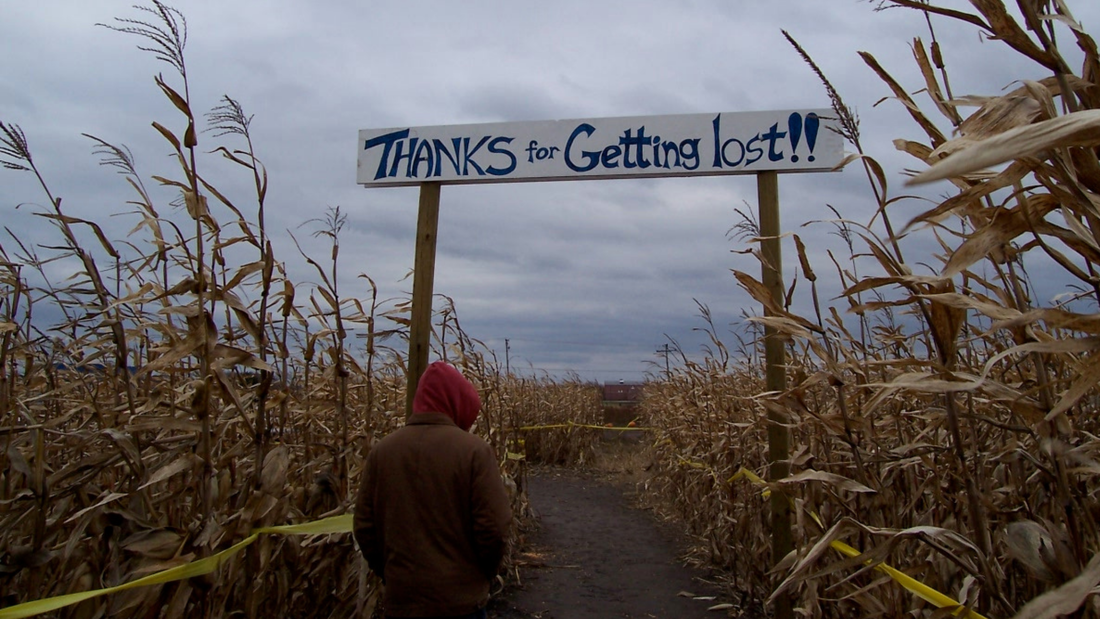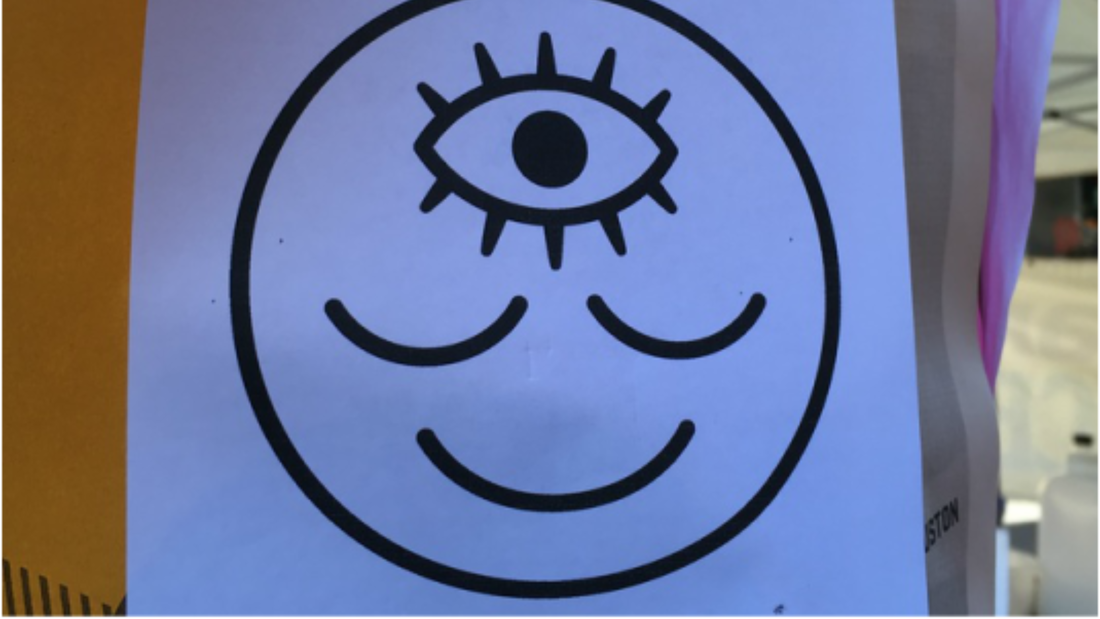|
“To gain your own voice, you have to forget about having it heard.” —Allen Ginsberg I got some great questions from you all after last month's Unstuck workshop. If you were there, you’ll remember I defined being stuck as continually engaging in activities that prevent us from moving the manuscript forward. The idea is that, even when we’re at the desk, mind at work and fingers flying, we can still be working in a way that, at the end of the hour, means we haven’t really done the work we needed to do.
It’s not just that starting back up is hard. It’s that everything in my body is screaming at me not to do it.
If I’ve been away from running for more than a week, my hands and arms will itch when I start back up. I feel nauseous. I get a little indigestion. I even have the feeling that I’ve got the runs—but it’s always a false alarm. After a couple weeks of consistently showing up, the itching goes away. But for those 14 days? It sucks. I don’t understand a thing about poetry except that some of it snags the fabric of my life. Like this one, published in the New Yorker* a couple weeks ago:
Monday I was just beginning to wonder about my own life and now I have to return to it regardless of the weather or how close I am to love. Doesn’t it bother you sometimes what living is, what the day has turned into? So many screens and meetings and things to be late for. Everyone truly deserves a flute of champagne for having made it this far! Though it’s such a disaster to drink on a Monday. Photo by Elohee (InkWell Retreat 2017) Because it’s still a pandemic.
And there’s nowhere to go. So we hardly ever drive the car. Which is 17 years old and not worth spending money on. That’s why we haven’t bothered to fix that thing that happens when we drive at high speeds. An alarming smell wafts about, suggesting something’s about to catch fire. We’d have to ask friends to recommend a mechanic, then Uber back and forth to the shop. It all feels like too much effort for too little return. About a week after the inauguration, Vice-President Kamala Harris sat down with an NPR reporter to chat about where the administration was headed. The reporter knew the recent Corona Virus relief bill was the administration’s priority. But, “There is going to be so much else going on,” he pointed out. “You have to confirm the Cabinet through the Senate. There is an impeachment trial. How does that affect everything you’re trying to do?”
Here’s what Harris said: “We know how to multitask (laughs). There’s a reason that word exists in the English language. That’s what going to be required, we have to multitask. Which means, as with anyone, we have a lot of priorities and we need to see them through.” I love everything about Kamala Harris’s response. Not because any of it is right. But because every little bit of it is wrong. And it’s wrong in a way that’s incredibly instructive, as it helps us see 1) the power dynamics behind our Productivity Panic and 2) how all of us—Vice President Harris included—are constrained by them. Thankfully, it also helps us see how we can get out of them. Let’s take a look and see what our Veep has to teach us. Last week I surrendered to the it-burns-it-burns-but-I-cannot-look-away impulse that marks the moment that we’re in. For me that meant, among other things:
In short, I did exactly the opposite of what I teach, what I typically do, and frankly, what I find most comforting.
So my brother and I are hanging out with his 2-year old goddaughter a few weeks ago. She’s the kind of kid who, as he points out, smiles not just with her face, but with her whole body. At the moment, her smile is trained on a plush, kid-sized, easy chair. Which, she has just discovered, can be tipped upside down into a little triangle, so that it doubles as a soft-sided slide. She starts climbing up one side, then sliding down the other. And when she does this, we all clap for her. And then she claps for herself. Which gives all the adults that idiotic warm feeling inside.
Inevitably, the slide turns into a tumble. Instead of landing feet first, she rolls over and bonks her head. We all hold our breath while she takes the requisite 3-second pause to decide whether this fall is a good one or a bad one. Then, having determined it was bad, she takes in a huge breath, and bursts into tears. Her mom and dad, in smooth, wordless agreement, immediately launch a play they’ve doubtless run several times before. Dad moves toward kid. Mom grabs paci and hands off to Dad. Dad swoops up kid, pops paci in mouth, and gives her a kiss. It’s a gorgeous display of parental teamwork. But the best part is what happens next. “I felt like you were in my head.”
That’s what one scholar wrote in response to my last post on Defensive Writing. Another said they kept nodding their head and “wondering whether you are actually watching over my shoulder as I struggle with these same writing issues right now.” And those are just the things people said to me publicly! The private email I received echoed those same sentiments. Photo by xenia at Morguefile.com Sometimes, when I sit down to work on my book, I hear voices in my head. Especially when I’m at the tricky bits—the parts where I haven’t quite figured out how to convey a nuance that’s a distinguishing feature of the work. When I’m wrestling with those sections, I almost invariably hear from the one reviewer (out of ten. That’s right. Ten.) who expressed even the slightest bit of skepticism about my book proposal: “This’ll be great,” I hear her say with a huff, “if she can actually do it.”
Photo Credit: KConnors Connie admitted that she’d finished everything she’d set out to do that day, but I could sense her hesitation. When I asked about it, she demurred at first. Then, after a few seconds of silence, she admitted what was bothering her. “I’m making steady progress,” she admitted, “but I feel like I could be working more efficiently. I just can’t figure out how.”
Maybe you’ve wondered this yourself. Perhaps you’re writing fairly regularly—or, if not regularly, at least enough to see the pages adding up. And that’s great, you think. That’s fine. But there’s this niggling little worry, it keeps creeping into your head. “Shouldn’t I be doing more?” |
|
© 2018 InkWell Academic Writing Retreats
|










